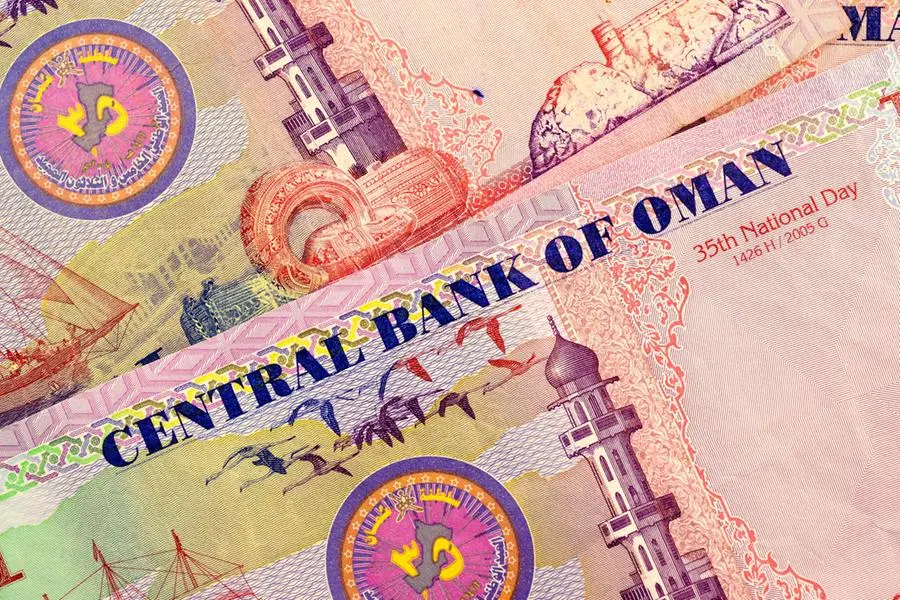PHOTO
Oman’s budget has achieved a surplus of RO1.123 billion ($2.9 billion) at the end of September 2022 as compared to a deficit of RO1.030 billion over the same period in 2021, according to the Ministry of Finance.
Oman’s public revenue stood at RO10.567 billion at the end of September 2022, up by 43.4% compared to RO7.368 billion registered over the same period in 2021. This is mainly due to an increase in oil price and production, reported Oman News Agency (ONA), citing the Fiscal Performance Monthly Bulletin.
By the end of September 2022, hydrocarbon revenue increased to RO8.102 billion, up by 51.9% compared to RO5.331 billion registered over the same period in 2021. The increase is supported by higher average oil price of 94 US Dollars per barrel, as well as an increase in oil crude production to 1,056,000 barrels per day.
Current revenue increased by 22.3% to stand at RO2.450 billion by the end of September 2022 compared to RO2.004 billion over the same period in 2021.
Public spending increased by 12.5% to RO9.444 billion by the end of September 2022, up by RO1.046 billion when compared to the same period in 2021.
The development expenditure of ministries and civil units amounted to RO657 million, representing 60% of total development spending, i.e. RO1.100 billion, allocated for 2022.
Meanwhile, current expenditure by the end of September 2022 increased by 10.1% to stand at RO7.070 billion when compared to the figures registered over the same period in 2021.
Total contributions and other expenses increased to RO1.434 billion compared to RO578 million registered over the same period in 2021. By the end of September 2022, oil products and food commodities subsidies amounted to RO563 million and RO18 million, respectively. Additionally, an amount of RO150 million was allocated for future debt obligations budget-item.
At the end of the third quarter of 2022, the Ministry of Finance paid the private sector an amount of RO827 million. This reflects the payment vouchers received through the e-financial system, and which have completed the documentary cycle.
Moreover, the bulletin indicated that the National Assets Register is an integrated central system that takes full account of government assets and helps to draft a strategy to ensure a centralized management of the assets, as well as to maximize their efficiency and returns. This can be achieved through the optimal use of such assets in a way that generate more financial resources for the State budget.
The first phase of the National Assets Register’s tasks includes counting and listing of government assets of the Ministry of Finance, Ministry of Health and Muscat Municipality. The next phase includes launching the electronic system of the National Assets Register.
Copyright 2022 Al Hilal Publishing and Marketing Group Provided by SyndiGate Media Inc. (Syndigate.info).




















